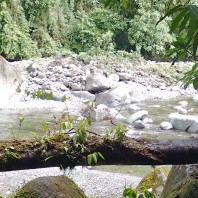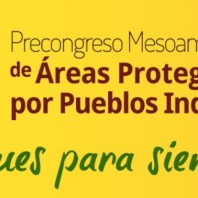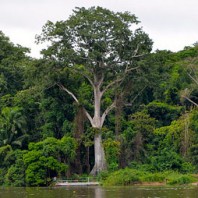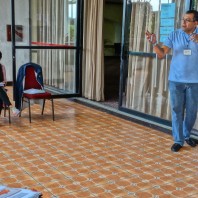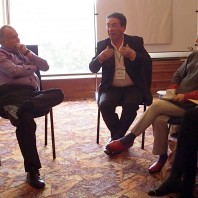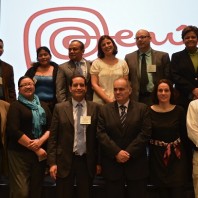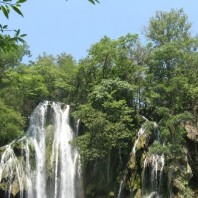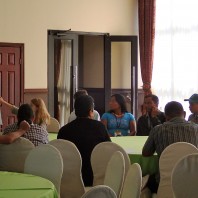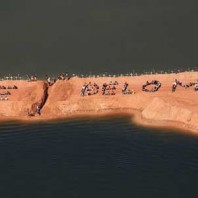The Bank Information Center, in collaboration with the Mesoamerican Alliance of Peoples and Forests and the Tropical Agricultural Research and Higher Education Center (CATIE), recently published a case study on indigenous peoples’ participation in REDD+ preparation in Costa Rica. The study, “Facilitating Indigenous Involvement in REDD+: Early Engagement and Consultation in Costa Rica,” presents both original research …
The Mesoamerican Pre-Congress of Areas Protected by Indigenous Peoples, an initiative by the Mesoamerican Alliance of People and Forests, will take place on March 17th and 18th in San Jose, Costa Rica. With the goal of assessing, valuing and projecting the contributions of indigenous peoples to conservation of protected areas in Mesoamerica, the Pre-Congress seeks …
The Forest Carbon Partnership Facility (FCPF) is a partnership of donors and developing countries which has the goal of Reducing greenhouse gas Emissions from Deforestation and forest Degradation (REDD+), forest stock conservation, sustainable forest management and the enhancement of forest stock . The partnership will pilot performance-based incentive payments for forest conservation. REDD+ is an international climate change mitigation mechanism under negotiation at …
Photo by Frank Sullyvan Cardoza The World Bank’s Forest Carbon Partnership Facility (FCPF) held the fourth in a series of five regional workshops on “Social Inclusion in the Preparation of National REDD+ Strategies” on January 20th – 24th in Antigua, Guatemala. The workshop was attended by government, indigenous, and civil society representatives engaged in REDD+ …
On December 2-6 2013, the Facility Management Team (FMT) of the World Bank’s Forest Carbon Partnership Facility (FCPF) held a workshop in Bogota, Colombia to facilitate capacity building and exchange of experiences among South American FCPF country participants. The workshop, entitled “Social Inclusion in the Processes of Preparation of National REDD+ Strategies,” was intended to …
Photo courtesy of AIDESEP Work done by Peruvian indigenous communities and leaders led to an important advance against deforestation on October 30, when the Forest Investment Program (FIP) Sub Committee approved the Forest Investment Plan for Peru (FIP-PE) in a meeting in Washington, DC. A Peruvian delegation of government and indigenous leaders, whose members included …
The Peruvian Amazon, the fourth largest extension of tropical rainforest in the world, is a battleground for indigenous rights and defense of critical environments. Key issues facing indigenous peoples are playing themselves out every day – territorial encroachment, illegal logging, government-sanctioned extraction of natural resources, construction of other mega projects, informal gold mining, among others. …
In the context of World Food Day, established by the United Nations and celebrated on October 16th each year, the Mexican Network of Rural Forestry Organizations (Red MOCAF in Spanish) has published a news release on the important role of forests in the process of food production. In this publication, Gustavo Sánchez Valle, president of …
Representatives of civil society, indigenous communities, government and the press gathered in San Pedro Sula, Honduras from Sept. 23 to Sept. 25 for the “First International Workshop on Social and Environmental Safeguards in Indigenous Territories and Forest Communities of Mesoamerica,” an initiative of the Bank Information Center, and for the Community Forestry Pre-Congress, organized by …
Photo credit: Atossa Soltani/ Amazon Watch/ Spectral Q Mayalú Txucarramãe and Patricia Gualinga engaged an audience of civil society members, including BIC, in their discussion on Wednesday of women’s role in the struggles of indigenous communities to protect their lands, their rights, and their way of life from destructive infrastructure and extractive projects in the …

